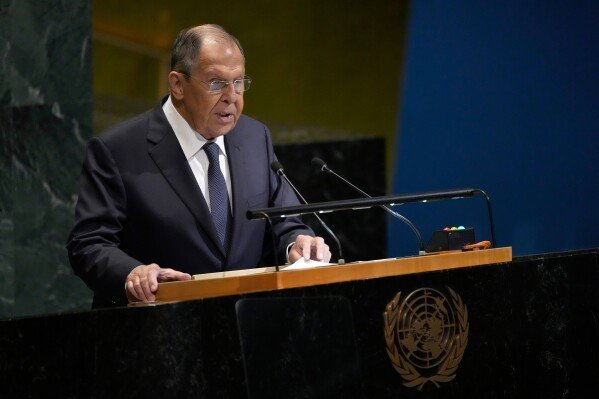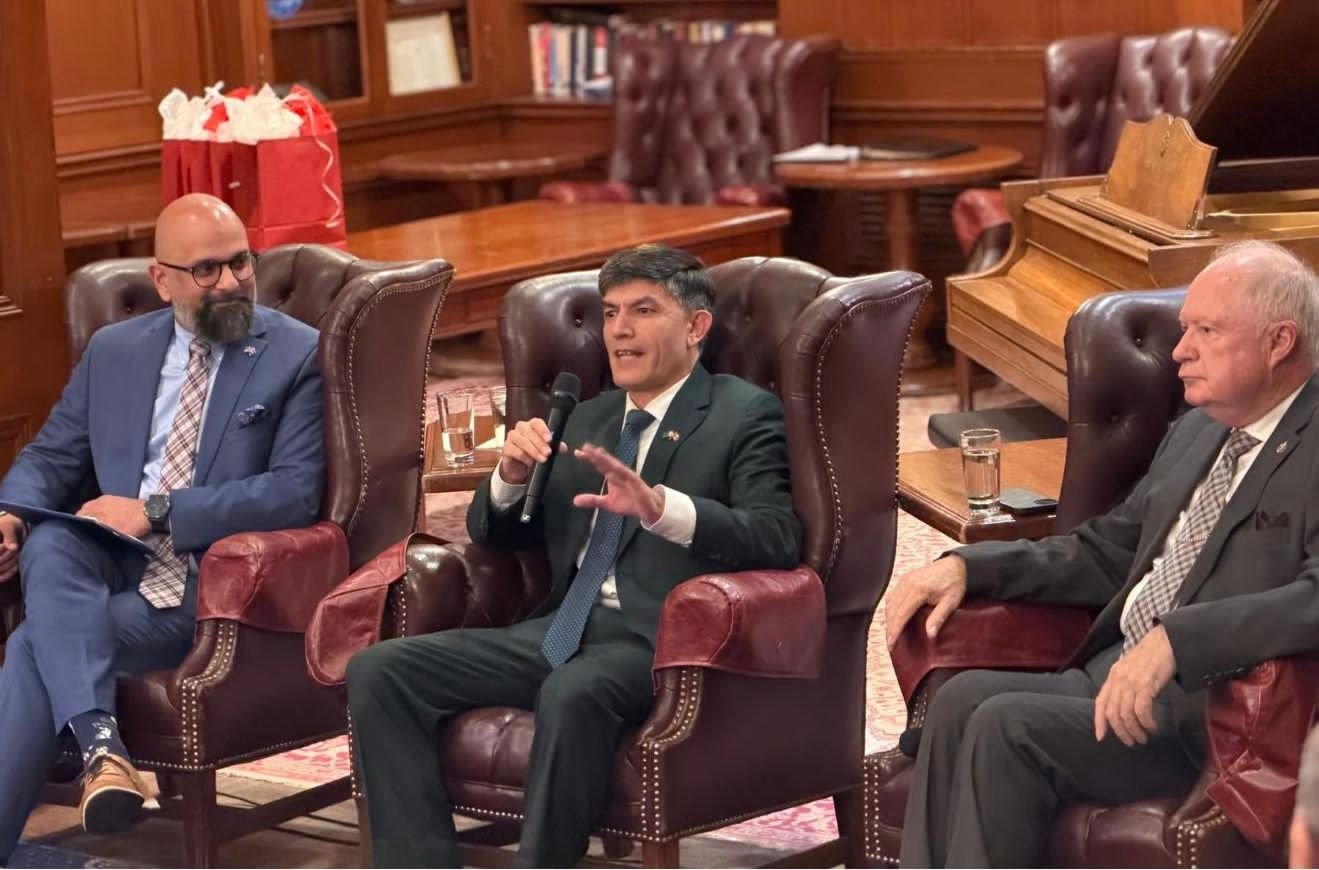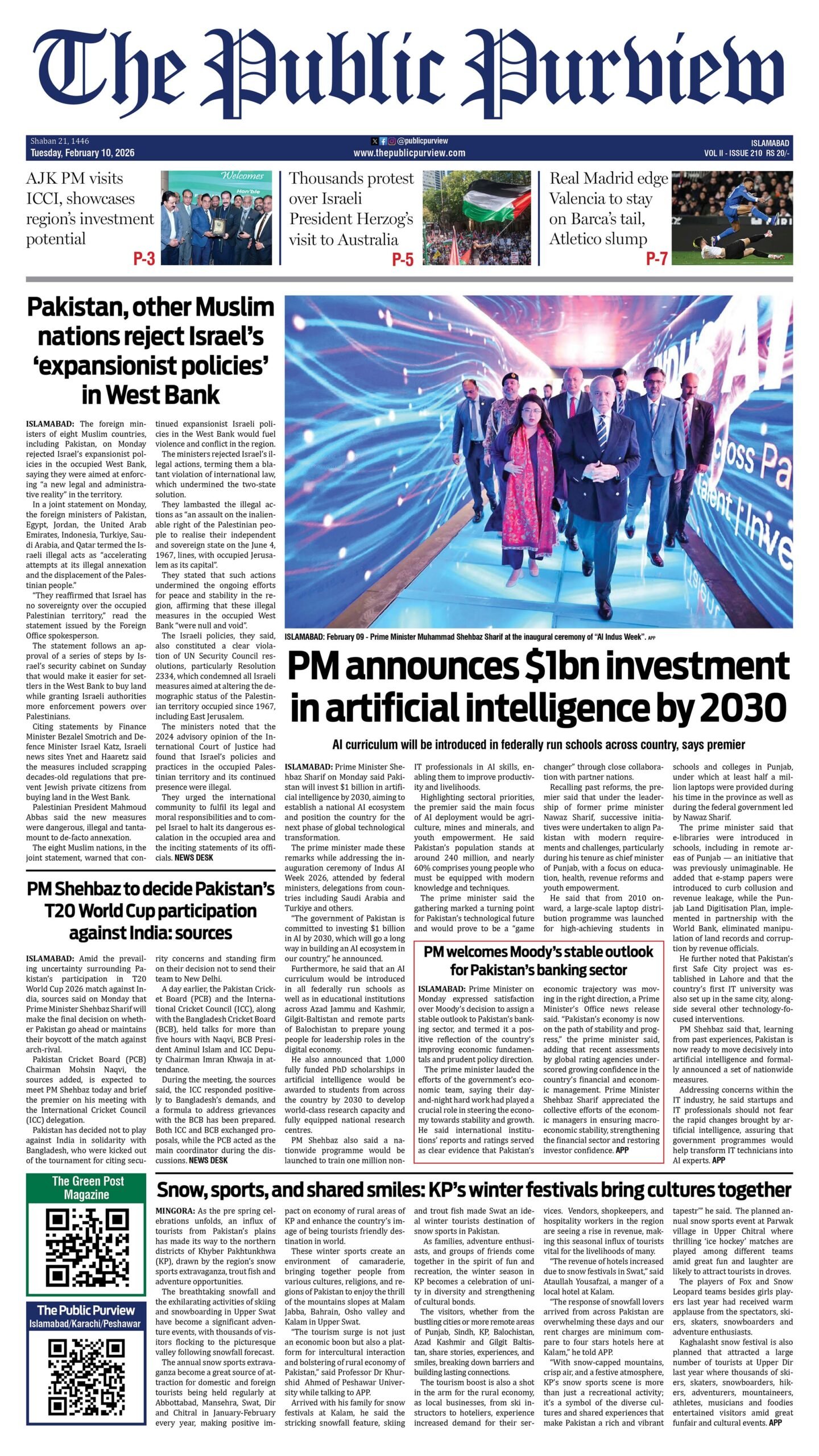NEW YORK — Addressing the General Debate of the 80th Session of the United Nations General Assembly, Russian Foreign Minister Sergey Lavrov delivered a sweeping critique of global power dynamics. He invoked the legacy of World War II and the founding principles of the United Nations. His remarks focused on the urgent need to uphold UN Charter principles. He warned that selective application and militarization threaten global stability.
Lavrov began by commemorating the end of the Second World War, which claimed over 70 million lives through hostilities, hunger, and disease. “In 1945, the course of world history changed forever,” he said. “We hold sacred the memory of brotherhood-in-arms with all Allies who then stood on the side of truth in the struggle against the forces of evil.”
Under the theme #UNCharterIsOurRules, Lavrov emphasized that the principles agreed upon by the UN’s founding fathers still guide international cooperation. He urged member states and the UN Secretariat to follow UN Charter principles without exception or double standards. “Then the legacy of the UN’s founding fathers will not be wasted,” he said.
Lavrov reaffirmed Russia’s commitment to equality. He stated that all countries must take their rightful place in world affairs, regardless of military power, population size, territory, or economy.
In the Middle East, Lavrov condemned the October 7, 2023, attack by Hamas militants on peaceful Israeli civilians. However, he also denounced the killing of Palestinian civilians. “There is no justification for terrorism, just as there is no justification for brutal retaliation,” he said.
Turning to Ukraine, Lavrov criticized the ban on the Russian language. He contrasted it with linguistic freedoms in Israel, Arab countries, and Iran. “The Arabic language is not banned in Israel, nor is Hebrew in Arab countries or Iran — but the Russian language is banned in Ukraine,” he said. He cited Article 1 of the UN Charter, which calls for respect for human rights and fundamental freedoms for all, without distinction of race, sex, language, or religion. He accused Europe of staying silent, “obsessed with the utopian goal of inflicting a strategic defeat on Russia.”
Lavrov demanded full restoration of rights for Russians and Russian-speaking people in territories under the control of the Kiev regime. “On this basis we are ready to discuss the security guarantees for Ukraine,” he added.
Regarding global security, Lavrov said Russia and the United States bear a special responsibility for world affairs. They must avoid risks that could plunge humanity into a new war. Moreover, he praised the Shanghai Cooperation Organization (SCO) and BRICS. He described them as vital mechanisms for coordination among countries of the Global South and East.
In contrast, Lavrov sharply criticized NATO’s expansion beyond Europe. According to him, its presence in the Pacific Ocean, South China Sea, and Taiwan Strait undermines universal ASEAN mechanisms. Additionally, this expansion creates threats not only to China and Russia but also to other countries in the region.
“Speaking of the future, we must not forget the lessons of the past,” Lavrov said. He expressed concern over the resurgence of Nazism in Europe. Furthermore, he warned about growing militarization under anti-Russian slogans. “This causes particular concern given that a number of political figures, now in power in Brussels and certain EU and NATO capitals, seriously discuss World War III as a possible scenario.”
Concluding his address, Lavrov repeated his call for unconditional observance of UN Charter principles. “We call on member states and the Secretariat’s leadership to scrupulously follow all the Charter’s principles — without exception and without double standards,” he said.
Read climate related news here: https://greenpost.com.pk/






 Today's E-Paper
Today's E-Paper